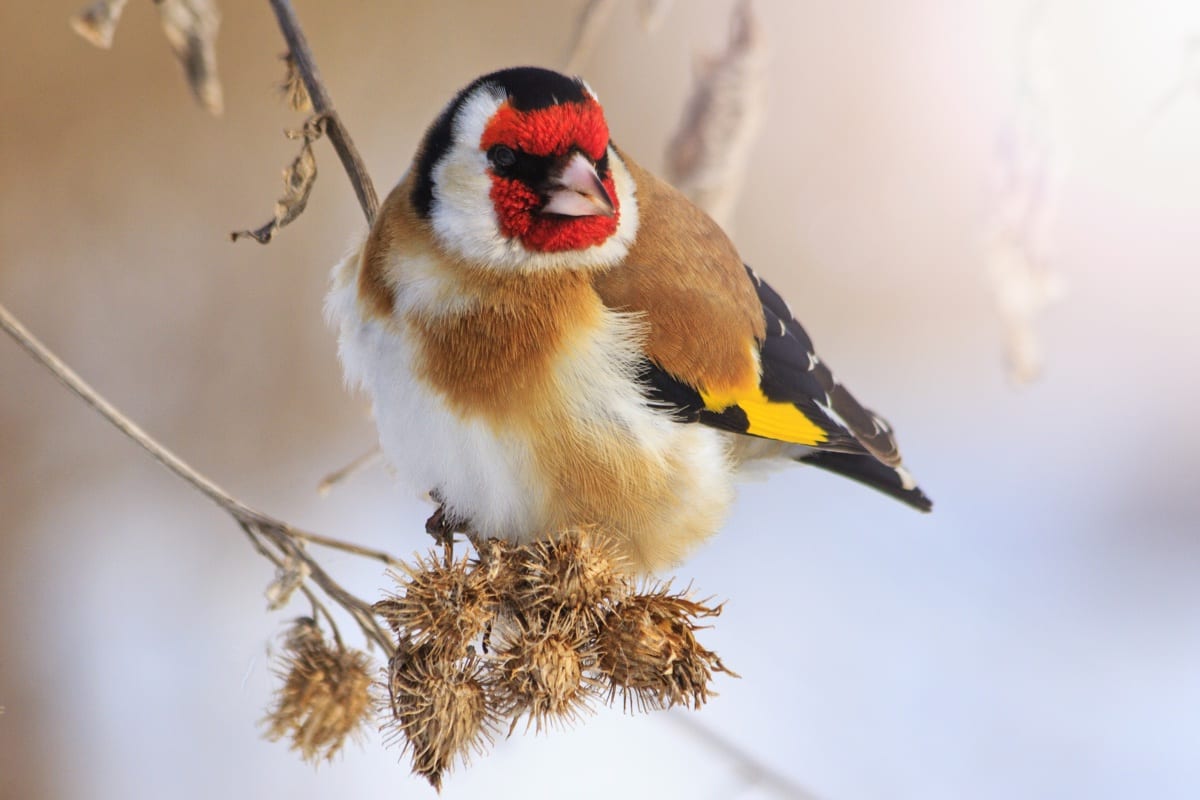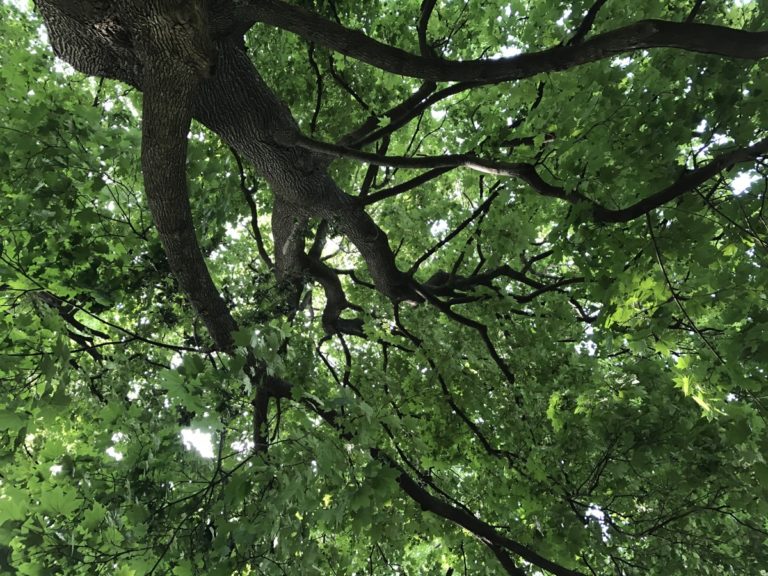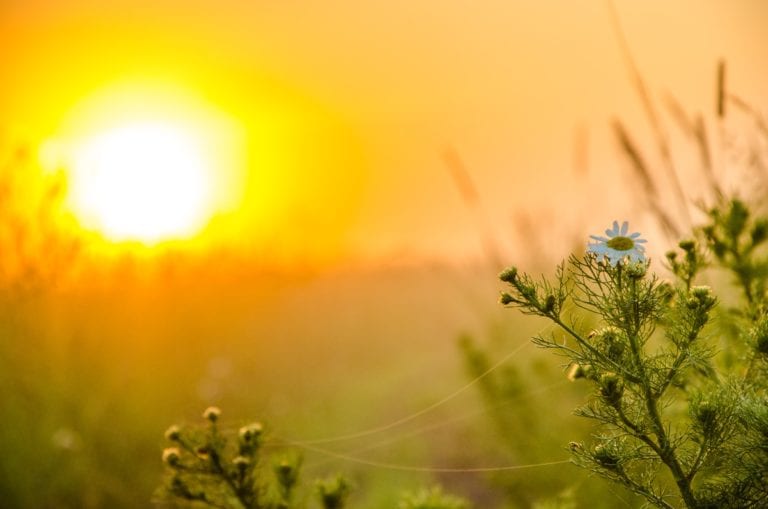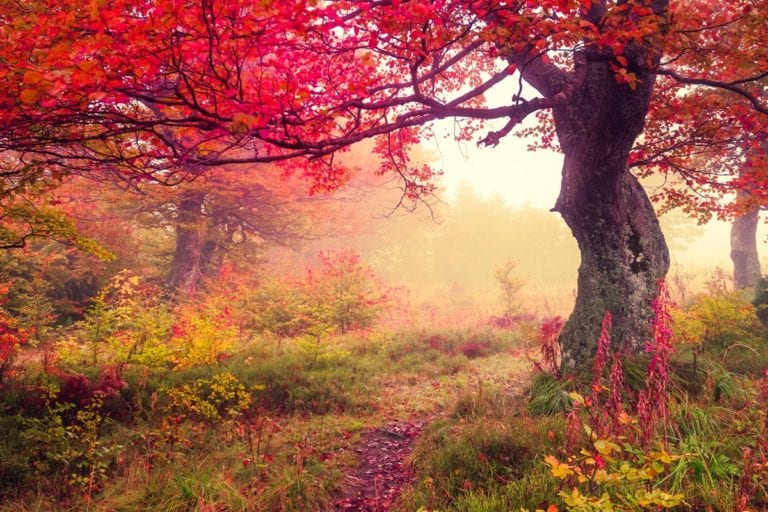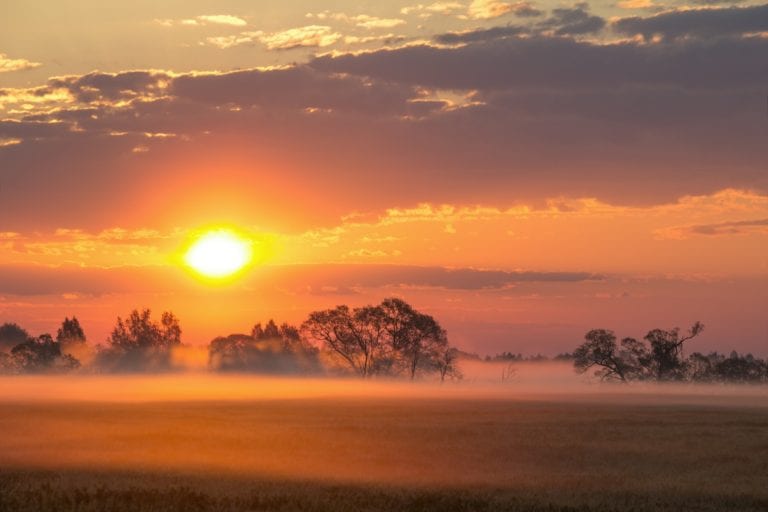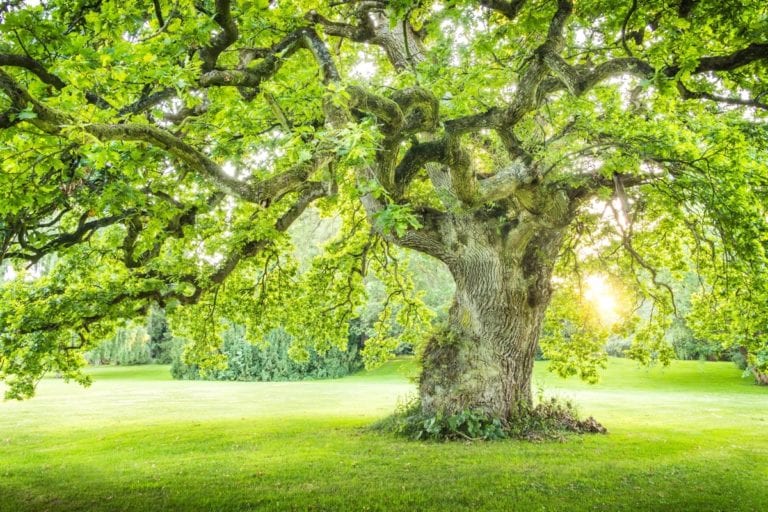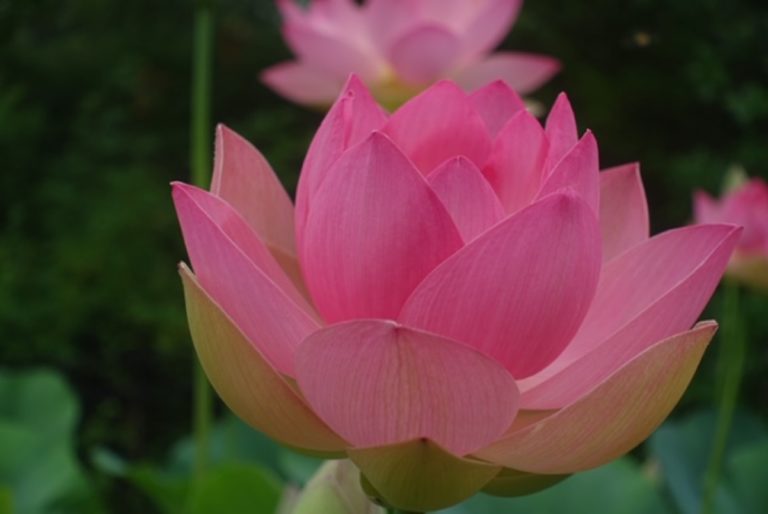700th Week: Avoiding Objectifying
I recently launched a new website—Portals to Multidimensional Living—which offers me a forum for the spiritual side of my life. It’s at www.portaltomdl.com. Because I’ve been spending so much time orienting myself to the content on that website, I’ve found myself thinking more deeply about everyday life and the whole subject of conscious living. My experience of, and commitment to, oneness underlies much of what I share on the new website. An aspect of experiencing the world that emerges from my commitment to teaching about the collective consciousness that is part of oneness is that, for me, everything I encounter is alive. In a very basic sense, my experience is that any and every physical form I see or interact with is made up of particles that are the same stuff as what gives me form. For me, all these particles are alive, even though they embody very different kinds of consciousness. Because of that, it’s difficult for me to treat even what are usually considered “objects” as objects. I experience them as companions along the way.
Thinking about this got me to wondering about our human propensity to objectify our beautiful planet and other species, thinking of them as “resources” rather than as life appearing in different kinds of physical clothing. Also, perhaps because of our natural nervous system wiring to avoid threats to our survival, we often see people from outside our “tribe” as “other” and have had a tendency to objectify and attempt to dominate those we perceive as potential threats (even though we tell ourselves it’s because they are inferior).
You might notice that when you objectify something or someone you tend not to feel that you have a relationship with that person or thing. For example, if you experience a tree as an object that will provide you lumber, you may never imagine having a conversation with the tree before cutting it down. You might never imagine asking it for permission, even though indigenous peoples in the Americas, in Europe, and in other places in the world have done these kinds of practices as a matter of course throughout time. If you consider animals, birds, fish, and other life forms as objects, you might not acknowledge that you are asking them to offer their lives in order to support your survival and you might not feel respect and gratitude for the many gifts the life forms of our planet offer you in your daily life. If you consider other people to be objects, projecting stereotypes onto them and not bothering to get to know them personally, you might not feel the relatedness that would encourage you to attempt to understand them, nor would you be likely to treat them with respect.
For me, this lack of relatedness to the world around us, and to the life forms and things we engage along the way, makes daily experience less rich, with a loss of a sense of connection to the larger context within which we unfold our everyday lives.
For this week’s practice, I invite you to play with the idea that everything and everyone you encounter is not an object but is a representative of the same life that makes your physical experience possible. Even those things that are human made come from materials that have living molecules, particles, atoms—that are made of the same stuff as you are. Notice what might shift in the quality of your everyday activities if you hold the idea that you are encountering the same life as yourself, even though it may be shaped very differently from you, have a very different expression, even though you may not be able to communicate with it in ways you are accustomed to doing.
The opportunity with this particular practice is to notice if the process of not allowing yourself to objectify what is around you offers a different quality of internal experience as you move through your daily activities. Notice if you feel more related to your world when you step away from seeing objects all around you and, instead, see life in its amazing diversity of form.
As with all these practices, remember to allow yourself to bring along curiosity as your constant companion, perhaps playing a bit more with suspending disbelief, and notice what comes into your awareness as you do so. Also remember to pat on the head any judgments that arise as you explore this practice, allowing those judgments to naturally arise move on through without any added struggle or attention from you.
